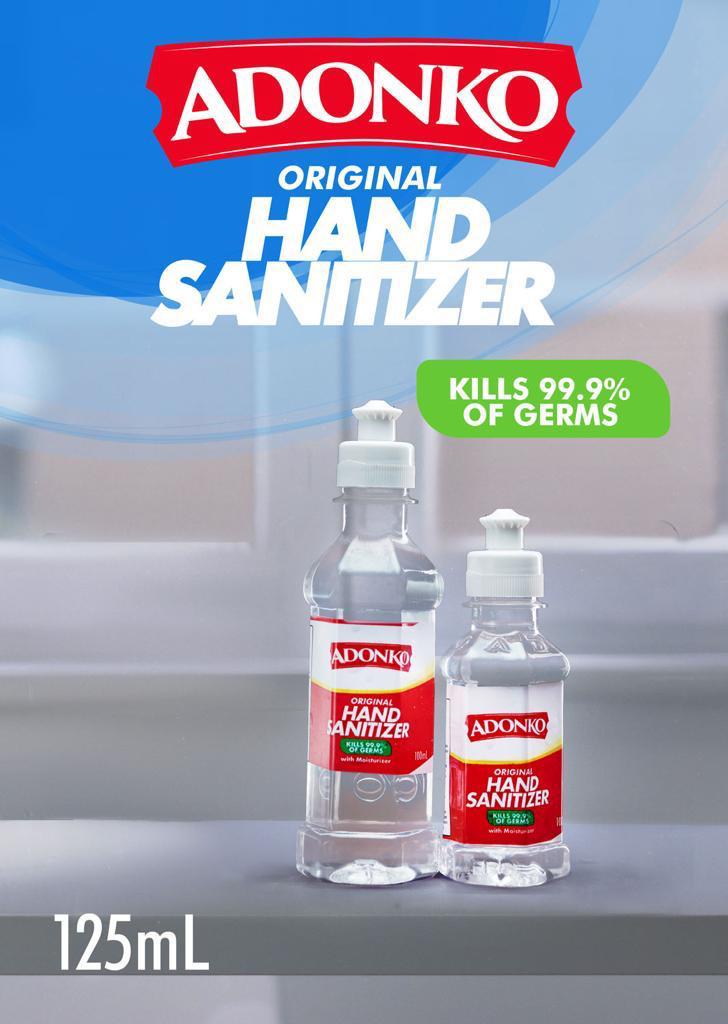|
Getting your Trinity Audio player ready...
|
“Global school closures in response to the COVID-19 pandemic present an unprecedented risk to children’s education, protection and wellbeing”-Framework for Reopening Schools (April 2020).
Introduction
There is no denying the fact that the 2019 strain of coronavirus (popularly known as COVID-19) is still devastating education, mental health and psychosocial wellbeing, and even lives on the globe. The question, however, is for how long would human movement and activities like schooling, trading, religious worship and social gatherings almost be shattered by COVID-19. With the stigmatisation, COVID-19, as a disaster and a pandemic, seems to have brought, in its wake, a wave of fear and panic with some consequences like stress and depression on citizens.
This write-up gives some basics on COVID-19 and it tells the role of the counsellor in supporting students and staff against the virus as teaching and learning happens without any let. It narrates the cause, mode of transmission, effects and prevention as it looks at what counsellors should be doing to prevent any possible infection and transmission of the virus in our schools.
Basics on COVID-19: cause, transmission, effects and prevention
Branded as a novel virus, COVID-19 is wrecking education, economies and lives and it is also reported to have been interfering with the mental health and psychosocial integrity of some people. Due to its highly ravaging ability, the virus seems to have made life look “abnormal”.
COVID-19, undoubtedly, is of public health significance with institutions and bodies like World Health Organisation (WHO), UNESCO, UNICEF, World Bank, World Food Programme (WFP), Ministry of Health, Ghana Health Service, Ministry of Information, Ministry of Education and Ghana Education Service (GES) and in fact, Government and all of us involved in its fight. Handbook of UNICEF, WHO and IFRC on Guidance for COVID-19 Prevention and Control in Schools (March 2020) stated that as a disease caused by a new strain of coronavirus, originally called 2019-novel-coronavirus or 2019-nCoV, COVID-19 is linked to a family of viruses like Severe Acute Respiratory Syndrome (SARS) and some types of common cold. It is transmitted via direct contact with respiratory droplets from coughing and sneezing. Infection can happen when individuals use their hands to touch any part of their faces (i.e. eyes, nose and mouth) upon contamination through surfaces like tables, chairs, pens, bowls, dusters and chalk/marker boards.
GES-Back to School Campaign: Frequently Asked Questions (June 2020) leaflet stated the signs and effects of COVID-19 as fever with high temperatures, cough, sore throat, breathing difficulties and in extreme cases, pneumonia, severe acute respiratory syndrome, kidney failure and death. Evidence says the effect of COVID-19 appears severe in persons with underlying medical conditions, such as diabetes, heart diseases and hypertension. Fear and panic with related conditions like anxiety, stress and depression can also trigger the erosion of a person’s mental health and psychosocial wellbeing as well as their immune response ability to the virus.
The school is an organised, controlled and disciplined setting, where the movement and activities of students, teachers and other staff are sanctioned, monitored and regulated. The school is a good setting and channel for proper education and for emphasis on compliance with the tips and protocols against COVID-19. Effective partnership with schools can shield children, students and even the rest of us from the virus. UNESCO, UNICEF, World Bank and WFP Framework for Reopening Schools (April 2020) stated that being out of school increases the risk of teenage pregnancy, sexual exploitation, child marriage, violence and other threats, such as anxiety and stress, which can also serve as an avenue for COVID-19 exposure, infection and transmission.
COVID-19 and school counsellors
Yes, it is true that COVID-19, as yet, has no vaccine. It is true that many of the symptoms can be treated and with early care from a healthcare provider, COVID-19 is less dangerous. It is true that simple safety measures exist to prevent the infection and spread of COVID-19. It is true that COVID-19 is no respecter of borders, ethnicity, disability status, age or gender (Guidance for COVID-19 Prevention and Control in Schools, March 2020). It is also true that education and other necessary routines of life must continue even in COVID-19. All the “it is true…” and “it is not true…” bits and pieces on COVID-19 should seriously engage the attention of the school counsellor, who is, him/herself, also a teacher and a helping professional, in the school system.
As done always with the support of colleague teachers and staff, the counsellor makes visible, readable and understandable all tips on COVID-19. With creativity, research and collaboration, the counsellor can use varied media, such as notice boards, classroom walls and even tree barks on campuses to communicate the safety tips and measures to students and staff. In fact, the counsellor must be and be seen to be relevant and useful in this whole fight against COVID-19.
With the approval of the school head and with the support of all staff, the counsellor should be seen advocating for effective use of platforms, like during lessons, to remind pupils and students of the need to obey the safety tips on COVID-19 at all times. The counsellor is relevant and useful in assisting students to use equipment and items like the thermometers, Veronica buckets, tippy taps, water, soaps and sanitisers in the school, after how they are used has been demonstrated by the experts and School Health Education Programme (SHEP) coordinators.
Why should learners experience fear, panic, anxiety, stress and depression over COVID-19 when a counsellor or anyone assigned to act as a counsellor sits right with his or her colleague teachers and the school head? Why should a learner be helpless or feel so; or die when the counsellor and his or her colleagues know which healthcare facility to contact? For schools to remain welcoming, respectable, inclusive and supportive to “All” as they teach and insist on compliance with all precautions, including wearing of face masks, washing of hands with soap under running water, using alcohol-based sanitisers to wash hands and keeping to social distancing, and other protocols, counsellors also must strive to be committed to, proactive and effective on their tasks.
Conclusion
This write-up also does not believe that any system would want to see its children get infected with or live in pains or die through COVID-19, especially as they access education, and so, the more we, as stakeholders and partners, join our ideas, energies, time, money and other resources into preventing them, the better it would be in guaranteeing our continued survival as a people.
NB: The writer is an educationist and a professional counsellor in Ghana Education Service.
E-mail: amoatec27@yahoo.com








